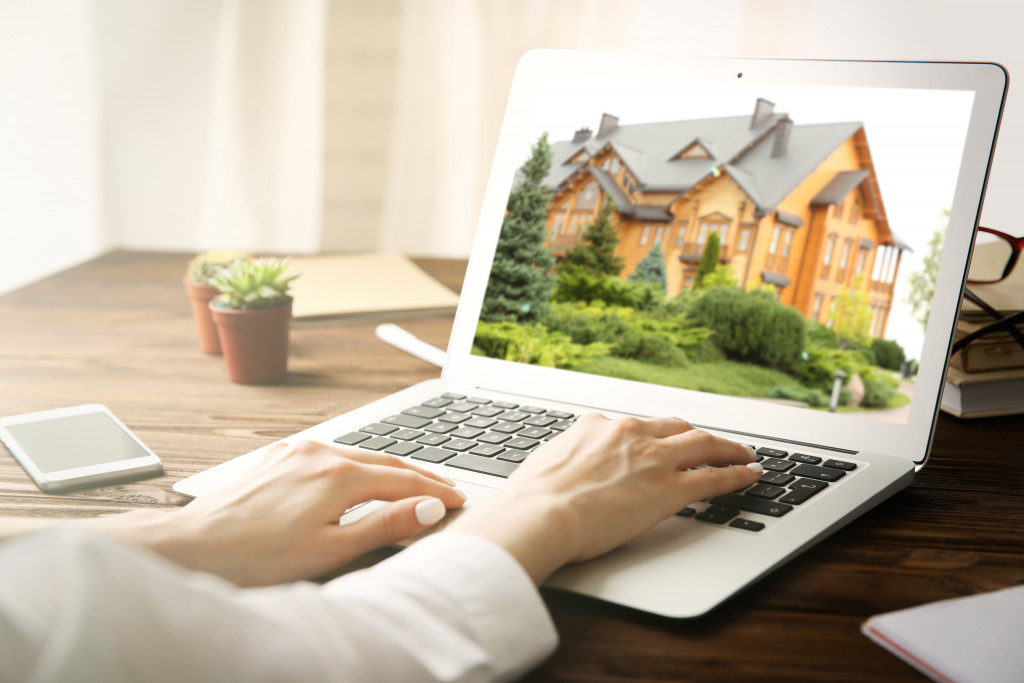When the new decade just began, all of us are excited about the new goals we’ve set, which may include relocating with your family to a new home you’ll buy. But then suddenly, the world got shaken by a new coronavirus disease that rapidly spread, prompting self-quarantines, city lockdowns, and social distancing. Naturally, your plans will be affected.
The good news is, mortgage rates are at an all-time low, and buyers with a credit score of 760 or above could qualify for a 30-year fixed-rate mortgage. (3.301% interest rate) That means it’s entirely possible to buy a home during this period, as real estate companies are still business as usual. Thus, if your eyes have been set on a beautiful property for sale in Eagle Mountain or any other city, you can definitely close a deal with an agent and prepare for the move. However, you’re bound to meet unusual challenges.
How are Home Prices Affected?
Based on historical data, home prices only suffer minor declines during a pandemic, since transactions are fewer. However, this doesn’t rule out the possibility of home values dropping. This is especially unfavorable for sellers, but homeowners can be negatively affected as well, particularly if they’re looking to tap their home equity in the near future.
But even before COVID-19 has hit the States, it’s already been a challenging time to buy a home. Starter homes are low in supply, comprising only 21% of available inventory as of 2018. But if you’ve already chosen a prime property at a fair price, then you should already close a deal, provided that you have a good credit score, you’re not struggling to pay your debts, you have a sufficient amount of savings, and you have a stable job.
Preparing for the Move

With social distancing and self-quarantines in effect, the process of moving may take longer than normal. If you’re going to hire professional movers, for example, those companies have to screen their workers first to ensure that they don’t have travel history to any countries with COVID-19, or that they haven’t had any physical contact with someone who was diagnosed with the disease.
Another scenario that can delay your move is somebody getting quarantined days before your target date. If you have had physical contact with that person, then you must also self-quarantine for two weeks. If the cause of delay isn’t directly health-related, it could be a city lockdown or the limited availability of professionals and other workers that can assist you.
The best way to mitigate these challenges is to plan ahead. Find out with your movers if they have enough staff that can help you without risking everybody’s health. Have your new home professionally cleaned a few days before the move as well. This ensures that your new space is free from the deadly virus and other pathogens when you finally move in.
And since you’re spending most of your time indoors, you can try to improve your new home, provided that you have the means, just to distract yourself from the frightful news and see something pleasing. Pay attention to home maintenance duties also to determine how your budgeting needs to be changed after your move.
Don’t forget to stock up on essentials. Have food, water, and toiletries good for at least two weeks, and emergency supplies with a first aid kit, meds, flashlights, and a battery-powered radio.
And as you furnish your home, prioritize the most functional items before those of aesthetic value. In this period of uncertainty, we’d like to avoid emergency expenses, so let’s focus on the absolute necessities. Use this period to generate amazing design and decor ideas, so when the world finally overcomes this crisis, you can dedicate all your time to beautifying your new home.

